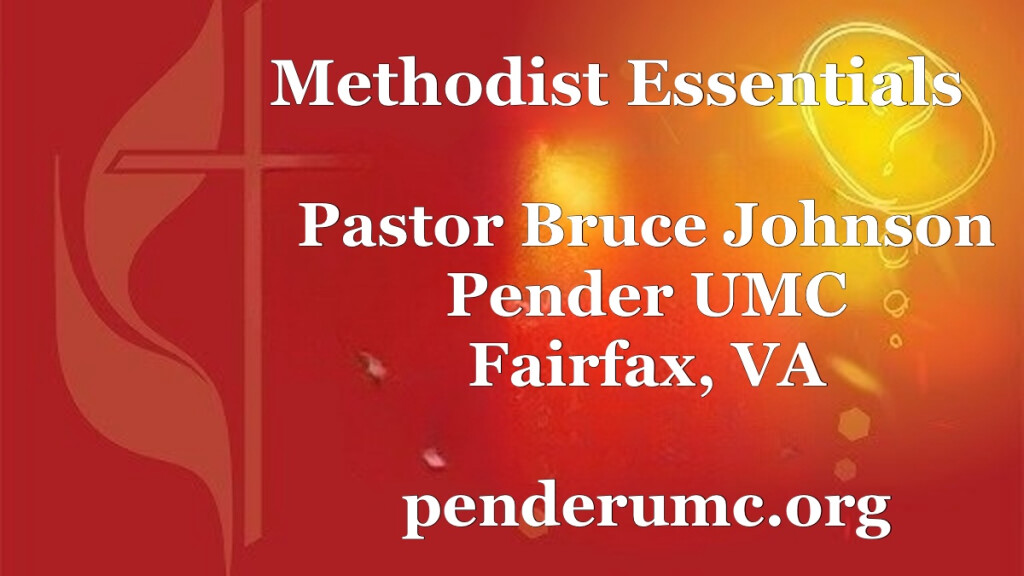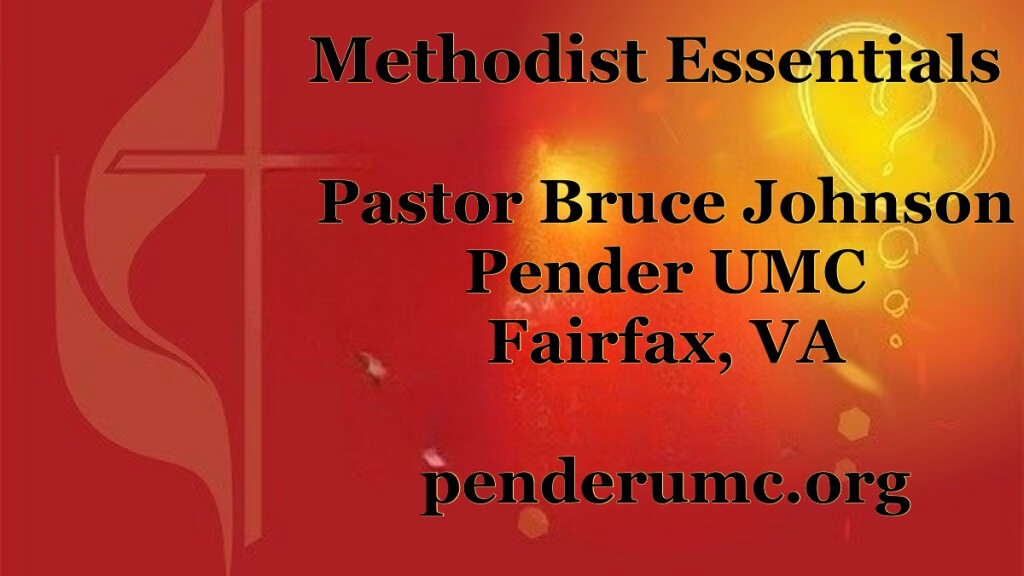Passage: Acts 2:37-47
As the dawn of Sunday, February 4th, broke, we looked forward with hearts full of devotion to a day of worship that promised to nourish the soul. Guided by the gentle wisdom of Pastor Bruce, the 9:00 am worship service was a spiritual embrace for the faithful gathered.
In his sermon "Being Methodist—A Model of Discipleship," Pastor Bruce Johnson explored the distinctive aspects of Methodist beliefs and practices as they relate to Christian discipleship. He delved into the rich history of Methodism, founded by John Wesley in the 18th century, emphasizing its core principles of personal and social holiness, the means of grace, and the pursuit of sanctification.
Pastor Johnson highlighted the Methodist emphasis on a practical faith that integrates personal devotion and communal responsibility. This includes a strong focus on Scripture, prayer, worship, and the sacraments as foundational to growing in one's faith, as well as engaging in acts of service and social justice as expressions of love for one's neighbor.
He also discussed the Methodist tradition of small groups, known as class meetings or bands, which serve as a structure for mutual accountability, spiritual growth, and pastoral care among members. These groups exemplify Methodist discipleship by encouraging members to share their experiences of God, support one another in their spiritual journeys, and challenge each other to live out their faith in daily life.
In essence, "Being Methodist—A Model of Discipleship" offered insights into how Methodist practices and theological underpinnings contribute to a robust, dynamic, and holistic approach to following Christ, emphasizing continuous growth in love of God and neighbor as the heart of the Christian life.
The chosen Scriptures, Acts 2:37-47 and Matthew 28:16-20, served as compasses pointing us towards the divine call to discipleship, echoing the early church's fervor and Christ's great commission.
In Acts 2:37-47, the focus is on the aftermath of Peter's powerful sermon at Pentecost, which leads to the conversion and baptism of about three thousand people. This passage highlights the communal life of the early believers, who devoted themselves to the apostles' teaching, fellowship, breaking of bread, and prayer. It depicts a community characterized by generosity, shared possessions, daily gatherings in the temple, and breaking bread in homes with glad and sincere hearts, praising God and enjoying the favor of all the people. This passage teaches about the power of the Holy Spirit in spreading the Gospel, the importance of community and fellowship in Christian life, and the growth of the church through the attraction of a communal life in Christ.
Matthew 28:16-20, known as the Great Commission, recounts the final instructions of the resurrected Jesus to His disciples. Jesus commands them to go and make disciples of all nations, baptizing them in the name of the Father, the Son, and the Holy Spirit, and teaching them to obey everything He has commanded. He assures them of His continuous presence until the end of the age. This passage emphasizes the universal mission of the church, the importance of discipleship and teaching, and the assurance of Jesus' eternal support for His followers.
Together, these lessons underscore the significance of community, evangelism, discipleship, and the presence of Jesus in the mission of spreading the Gospel.
The hymns selected for this service—“Victory in Jesus,” “Nothing but the Blood,” “Through It All,” “What a Friend We Have in Jesus,” and “Go, Make of All Disciples”—were not merely songs but declarations of our faith journey, each verse a step closer to the heart of worship.
As we partook in Holy Communion, we were reminded of the sacred bond that unites us as the body of Christ, each sip of the cup and each piece of bread a symbol of the grace that sustains us.
The Sanctuary Choir's rendition of "El Shaddai" as the offertory anthem was a moment of heavenly beauty, their voices rising in unison to offer up a harmonious tribute to the Almighty, inviting all present to reflect on the majesty and mystery of God's eternal love.
This Sunday service, bathed in the light of understanding and community, became a tapestry of worshipful experiences, a day where faith was both celebrated and deepened, leaving us transformed and renewed in the embrace of our cherished Methodist traditions.


